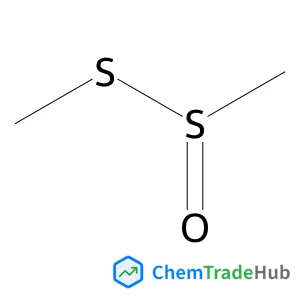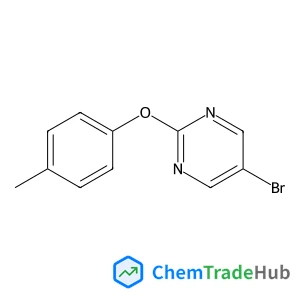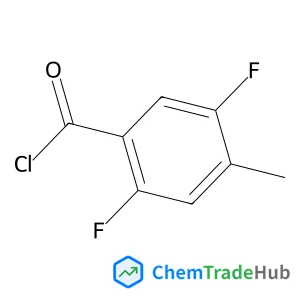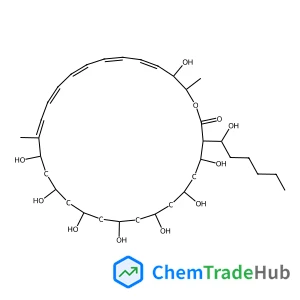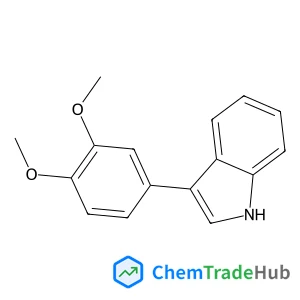Facile method to attach transition metal ions to the surface of anatase TiO2 nanorods
文献情報
Choumini Balasanthiran, James D. Hoefelmeyer
We report a robust, low-cost method to attach transition metal ions directly to the surface of anatase TiO2 rod-shaped nanocrystals with preservation of the host nanocrystal morphology and phase. The procedure has been optimized to achieve quantitative control of metal ion loading on the surface of the nanorods. The metal ion can be attached to the nanocrystal surface up to full monolayer coverage, after which the surface becomes saturated and there is no further addition.
関連文献
IF 6.222
Life cycle assessment of power-to-gas with biogas as the carbon sourceIF 6.367
PEST (political, environmental, social & technical) analysis of the development of the waste-to-energy anaerobic digestion industry in China as a representative for developing countriesIF 6.367
Increasing efficiency of perovskite solar cells using low concentrating photovoltaic systemsIF 6.367
A new neodymium–phosphine compound for supercapacitors with long-term cycling stabilityIF 6.222
Sugar ketals as a platform molecule to overcome the limitation of converting biomass into green-hydrocarbons in a typical refineryIF 6.367
Effective utilisation of waste cooking oil in a single-cylinder diesel engine using alumina nanoparticlesIF 6.367
Interfacial engineering of a polymer–MOF composite by in situ vitrificationIF 6.222
Tessellation strategy for the interfacial synthesis of an anthracene-based 2D polymer via [4+4]-photocycloadditionIF 6.222
Nickel-containing N-doped carbon as effective electrocatalysts for the reduction of CO2 to CO in a continuous-flow electrolyzerIF 6.367
掲載誌
Chemical Communications
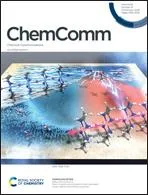
ChemComm publishes urgent research which is of outstanding significance and interest to experts in the field, while also appealing to the journal’s broad chemistry readership. Our communication format is ideally suited to short, urgent studies that are of such importance that they require accelerated publication. Our scope covers all topics in chemistry, and research at the interface of chemistry and other disciplines (such as materials science, nanoscience, physics, engineering and biology) where there is a significant novelty in the chemistry aspects. Major topic areas covered include: Analytical Chemistry Catalysis Chemical Biology and medicinal chemistry Computational Chemistry and Machine Learning Energy and sustainable chemistry Environmental Chemistry Green Chemistry Inorganic Chemistry Materials Chemistry Nanoscience Organic Chemistry Physical Chemistry Polymer Chemistry Supramolecular Chemistry
おすすめサプライヤー
 DSM コンピュータ AG
DSM コンピュータ AG Westfälische Wasser and Umwelanalytik GmbH
Westfälische Wasser and Umwelanalytik GmbH 化学検査 GmbH
化学検査 GmbH 湖南省岳阳市云溪区道仁矶溶剂化
湖南省岳阳市云溪区道仁矶溶剂化 ITAS スパ
ITAS スパ コロンビア工業ガス会社(CRYOGAS)
コロンビア工業ガス会社(CRYOGAS) 戴科化学贸易化学(上海)有限公司
戴科化学贸易化学(上海)有限公司 Siemens Building Technologies GmbH & Co. oHG
Siemens Building Technologies GmbH & Co. oHG 北京ワービソンテクノロジーズ有限公司
北京ワービソンテクノロジーズ有限公司 佛山市安你心香精香料有限公司
佛山市安你心香精香料有限公司










